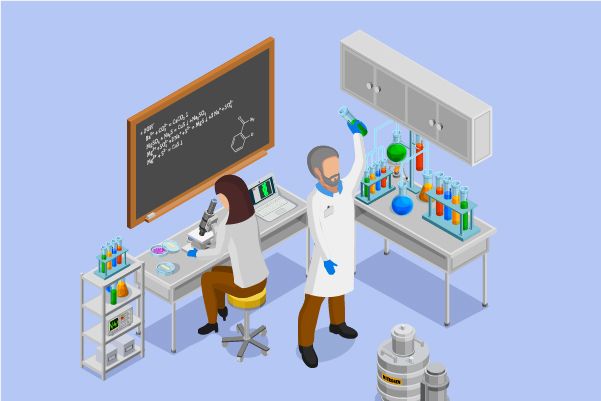Why death is not an AE?
Death is not an AE because it is a final outcome of the patient's condition, rather than an adverse event itself. An adverse event (AE) in clinical trials refers to any untoward medical occurrence in a patient or group of patients treated with a drug or other intervention. AEs can include symptoms such as nausea, vomiting, diarrhea, headache, dizziness, and abdominal pain. Three examples of AEs that can cause death are:
Fatal arrhythmias - abnormal heart rhythms that can lead to sudden cardiac arrest and death if left untreated.
Acute respiratory distress syndrome (ARDS) - a severe lung condition that can cause breathing difficulties and respiratory failure, leading to death in some cases.
Severe allergic reactions (anaphylaxis) - a life-threatening reaction that occurs when the immune system overreacts to an allergen, causing swelling of the airways, difficulty breathing, and in severe cases, death.




